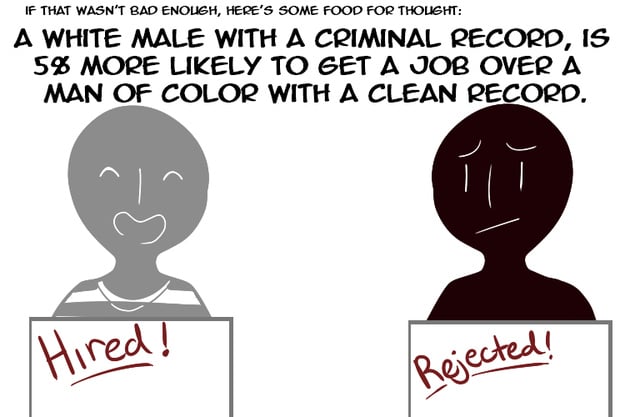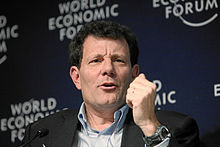Gen Silent was a film about elderly LGBT people in the Boston area. It focused mainly on a lesbian couple, a gay couple, and a transgender. It really focused on how these people had to remain silent about themselves when they were younger due to discrimination or hate that they might receive. Some of them still feel that they need to be quiet today for fear of treatment they might receive. The gay couple of Lawrence and Alexander, and WWII vet, met in the 70's. Lawrence was a black man in his 20's and Alexander was a white man in his 40's. The reason Alexander became quiet about being gay was his old lover was openly gay. He was harassed and discriminated against so much that he committed suicide in 1951. Now, they are both openly gay. However, due to the fact that Alexander was so much older, he was in a nursing home. The first nursing home they went to were not very open to gays, and both men did not feel comfortable. They were not being paranoid either. There have been reports of care taker abuse due to someone being LGBT. Also, 50% of nursing home employees have reported that their colleagues were intolerant of the LGBT community. By the end of the film, Alexander had become very ill, and Lawrence could no longer see him. They film did not say, but I believe he passed away. Lawrence however, while upset, started writing poetry and actually fell in love again. Lawrence said that one thing that saved him from depression was the Emanuel Cafe in Boston which would have luncheons for elderly LGBT. The Cafe made me think of August and Safe Spaces because these people always felt like they needed to keep quiet or they would not be safe. The Cafe made it so they had a safe space to go, and could finally actually be themselves. These males lives also reminded me of SCWAAMP. They always felt like they were the only gay people, so they had to stay in hiding. It wasn't until they were much older and had their "tap on the glass" moment where they realized that it was okay to be gay.
The lesbian couple had been together for 40+ years. They are big activist in the LGBT community. They faced horrible discrimination at a younger age. They are both very happy and proud to be who they are. Towards the end of the film, these two actually partake in the LGBT rally that they have in Boston, and while they are very happy it has come this far, they feel like the younger generation of LGBT have no idea the struggles that they had to go through. This couple was different and reminded me a lot of Johnson. They had no problem talking explicitly about their sexuality. However, they talked about being lesbians before a lot of other LGBT people realized it was okay to talk about. They suffered a lot of harassment and discrimination due to this. But they didn't care. They were proud of who they are, and they were not going to let anything get in the way of that.
The finally person the film talked about was a transgender who went by the name of Krys. She was a male for 50+ years of her life. In the film she was 59 years old, and was also a Vietnam veteran. When she was a male she was so upset, and suffered from severe depression. She actually attempted suicide twice. When she got the operation done to become a woman, she said she felt extremely happy and relieve, but there were some serious consequences that came along with it. Her family refused to talk to her. She was all alone. She was also terminally ill with lung cancer, which is something she also had to face alone. After her health took a turn for the worst, she had a support group of others in the LGBT community that started to take care of her. Eventually they reached out to her son that she had not talked to in two years, and he agreed to come meet up with her. Krys ended up passing away at the end of the movie, and while she never could rekindle the relationship her son and her once had, she was happy that she got to see him and talk to him before she passed away.
To be honest I went into this movie thinking it was going to be something pointless, and I just had to get it done for an assignment. But i'm really glad that I actually went to this movie, because before it, I never really thought of an elderly LGBT community.








